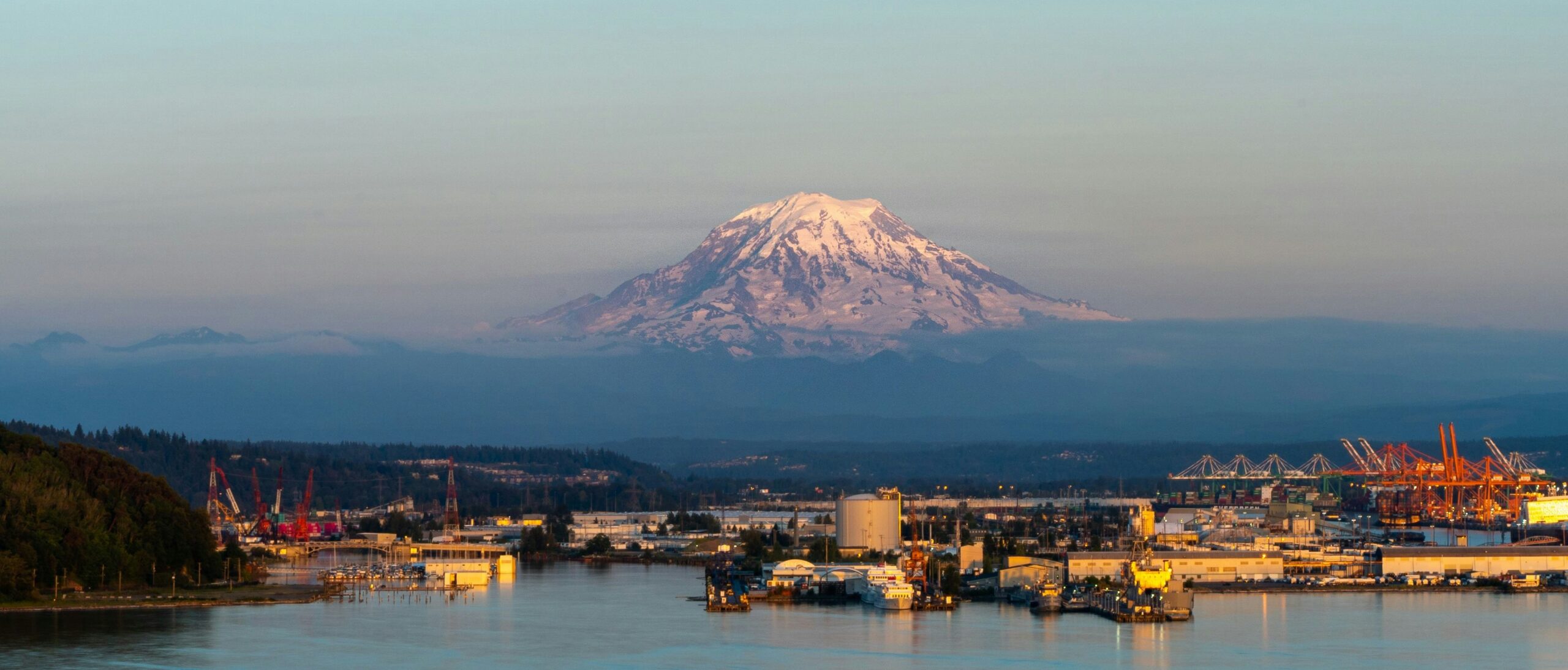Last Friday, the City of Tacoma sent out a press statement announcing that Puget Sound Energy had requested to withdraw its permit and cancel the associated building permit for the proposed controversial Liquified Natural Gas (LNG) plant on Tacoma’s Tideflats.
Puget Sound Energy withdraws controversial Liquified Natural Gas permit
TACOMA (January 17, 2023) – Last Friday, the City of Tacoma sent out a press statement announcing that Puget Sound Energy had requested to withdraw its permit and cancel the associated building permit for the proposed controversial Liquified Natural Gas (LNG) plant on Tacoma’s Tideflats.
The proposed facility would have produced approximately 250,000 gallons of liquefied natural gas (LNG) daily for marine vessels and land-based vehicles, as well as purportedly for utility peak shaving during periods of high demand. The project would have also included an 8 million gallon LNG storage tank, approximately 1 mile of distribution pipeline in unincorporated Pierce County, and 4 miles of distribution pipeline that will extend from the city of Fife into Tacoma.
Statement by Mandeera Wijetunga, Climate Campaigner, Ports, Pacific Environment:
“We are encouraged to hear that Puget Sound Energy has withdrawn its permit for a controversial liquified natural gas project on Tacoma’s Tideflats. We will continue to track this project, and call on the City of Tacoma and Puget Sound Energy to retire the facility. LNG is a fossil fuel and is bad for the environment, bad for communities and bad for climate change. We call on city and utility decision makers to transition to a zero-emissions future and end the use of fossil fuels.”
Stop LNG
Why is LNG bad for the climate, environment and people? From extraction to consumption, LNG emits methane, a heat-trapping gas that is up to 86 times more potent in its climate-warming effect than carbon dioxide on a shorter timescale (meaning more warming, faster). LNG not only warms our climate — it also contributes to air pollution. Methane emissions contribute to more than 200,000 premature deaths and increased respiratory emergency room visits globally every year. LNG facilities are also dangerous — with a risk for explosions and fires.
About Ports for People
Ports for People is campaigning to end port and shipping pollution once and for all. Ports must take decisive action in the fight for environmental justice and climate survival. Working with frontline communities, allies, and partners, we seek to transform ports from hotspots of fossil fuel pollution to thriving hubs of sustainable economic development and environmental protection – where clean tech innovations enable port communities to benefit from renewable energy, clean air and clean oceans, and a safe home for people and wildlife to live in harmony.
###
